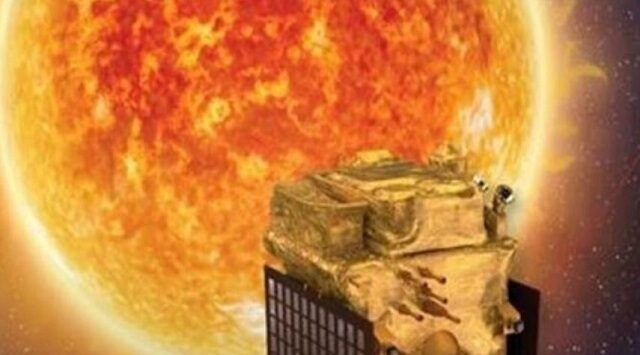Aditya-L1 Mission: Spacecraft successfully initiates collection of scientific data
In a significant milestone, India's solar mission Aditya-L1 mission has initiated the collection of valuable scientific data.
Chennai: In a significant milestone, the Aditya-L1 mission has initiated the collection of valuable scientific data. The sensors within the STEPS instrument are now actively measuring supra-thermal and energetic ions as well as electrons at distances exceeding 50,000 kilometres from Earth.
This data holds immense importance as it aids scientists in comprehending the behaviour of particles in the Earth’s vicinity.
The recently released figure showcases fluctuations in the energetic particle environment, and it has been compiled by one of the mission’s instruments.
This marks a crucial step forward in the mission’s objectives and brings us closer to unlocking the mysteries of our planet’s immediate space environment.
ISRO tweets, “Aditya-L1 Mission: Aditya-L1 has commenced collecting scientific data. The sensors of the STEPS instrument have begun measuring supra-thermal and energetic ions and electrons at distances greater than 50,000 km from Earth. This data helps scientists analyze the… pic.twitter.com/IJUhTTBWyI
— Kalinga TV (@Kalingatv) September 18, 2023
After the successful landing of Chandrayaan-3 near the south pole of the moon, the ISRO launched the country’s maiden solar mission, Aditya-L1, from the Satish Dhawan Space Centre in Sriharikota on September 2.
It carried seven different payloads to have a detailed study of the sun, four of which will observe the light from the sun, and the other three will measure in-situ parameters of the plasma and magnetic fields.
Aditya-L1 is a satellite dedicated to the comprehensive study of the sun, which will find out the unknown facts about the sun. The satellite will travel on Earth-bound orbits for 16 days, during which it will undergo five manoeuvres to gain the required speed to reach its destination.




 Ms Kalinga
Ms Kalinga